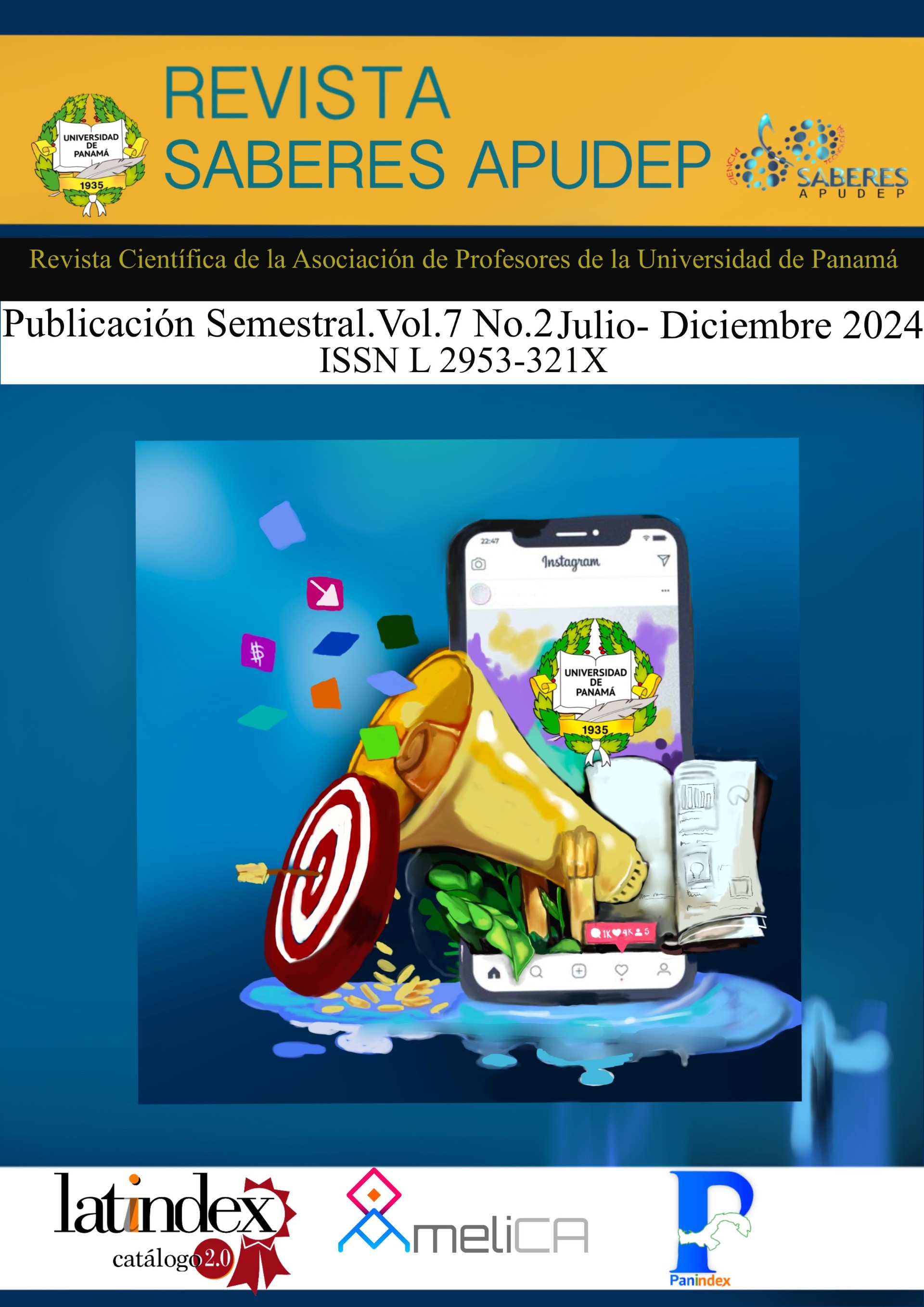

Copyright (c) 2024 Revista Saberes APUDEP

This work is licensed under a Creative Commons Attribution-NonCommercial-ShareAlike 4.0 International License.
Leadership is an essential quality to achieve the proposed objectives in different sectors, including education. This essay reflects on these aspects, starting from the definition of the concept, advantages and disadvantages and how it could be implemented efficiently and effectively in the regular development of class sessions. About 17 current references on the subject were consulted. As a result, participatory leadership considers the contributions of both teacher and students, but they must be adequately mediated. As advantages, it encourages the involvement and commitment of all actors in the teaching-learning process and contemplates aspects that in principle the teacher may have involuntarily omitted; As disadvantages, when considering the limited time of class sessions, all concerns raised will probably not be addressed and shy people will find it difficult to express themselves. Therefore, the teacher of the new millennium must establish dynamic and flexible interaction mechanisms that promote well-being among the participants.